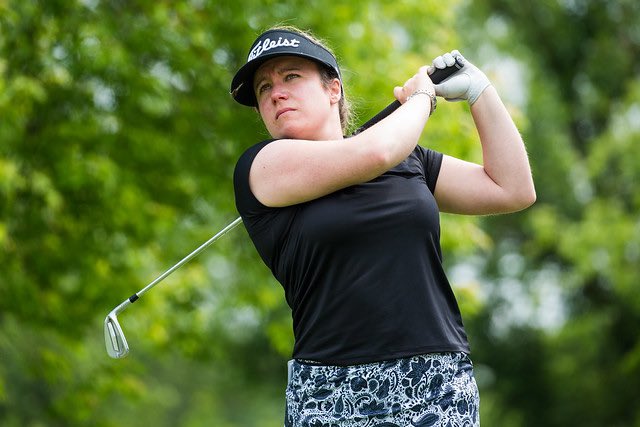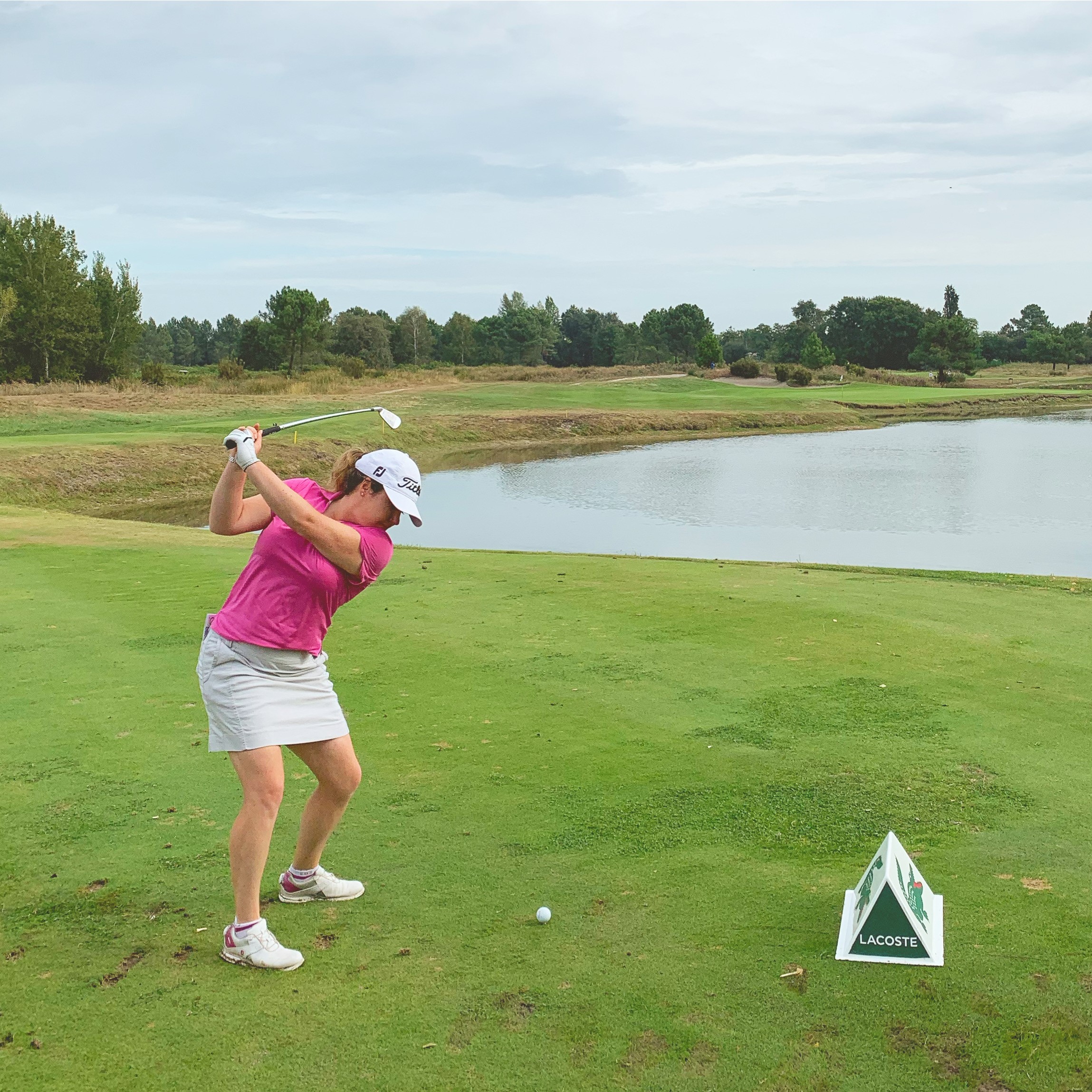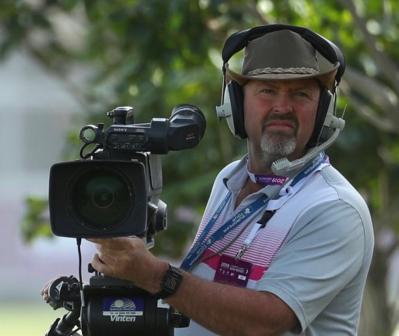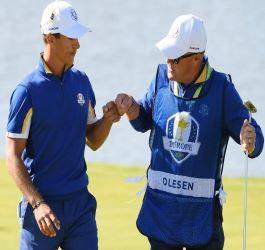Mentality of a Golf Tour Player
Ellie Givens
Anyone who plays golf regularly knows how much of the game is played between the ears. On a good day everything seems so easy; you are relaxed, confident, calm, and having a thoroughly enjoyable day out. Not so much on a bad day. Sometimes you can only see the trouble, and sometimes you only have eyes for the flag. Sometimes the hole seems like it is the size of the bucket, sometimes it seems like there’s a lid on top stopping your ball from dropping in. We’ve all experienced a wide variety of emotions on a golf course but imagine if on top of that you are a professional golfer and each shot could potentially earn you thousands of pounds…….or cost you thousands.
Handling the Pressure
“It’s such a tricky question to answer because everyone is different, but for me it was really tough when I first turned pro to try and forget about the money and just play golf” was her initial response. “Golf is a real challenge because you are on the course for such a long time during tournament days. You need to find a good balance between allowing yourself to relax and switch off but then be able to fully focus when it is your time to plan your shot and play. I like to chat with my caddy or playing partners between shots but once I get close to my ball it’s a different story.”
Ellie did explain some of the ways in which she handles the pressure of professional golf. “A good strategy is essential. I spend a lot of time during my practice rounds thinking about where I want to be, especially around the greens. Every morning I will look at where the pins are and make sure I know where I want my approach to go to give myself the best chance of making a birdie. I like to be aggressive with my golf and definitely have a tendency to go right at the flag so I also have a look at places where I definitely wouldn’t want to end up so that I know to be a little more conservative with my game plan if the flag is near a danger area.”

Get a Routine
It sounds so simple doesn’t it? But how about when things aren’t going your way, how do you handle that? Ellie said “It sounds really cheesy, but the best way to combat that is to stick to your routines and approach each shot with a positive attitude. Accepting that bad shots will happen actually helps me a lot because if something doesn’t go to plan I am able to accept it, move on and then try to do the best that I can with my next shot. Even during my very best rounds I’ve hit shots that ended up in places that I would rather not have been but I am able to deal with that and minimise the error. That’s what professionals are better at than amateurs - we might make a bogey but we don’t often let a bogey turn into a double or a triple by compounding a mistake. Instead of looking at all the trouble I try and channel my thoughts onto a very small and very specific target in a good area and remain positive. I once started a tournament and was +5 after my first 6 holes but managed to dig deep and turn things around by concentrating on the basis and remaining positive to finish in the top 10 at the end of the week. I’ve also birdied 8 of my final 10 holes in around to make the cut before! It’s an amazing feeling when you do something like that and really gives you the self belief to fight when things aren’t going your way the next time”
Feal the Fear
As for the most exciting part of being a professional golfer: “Being in contention!” replies Givens without hesitation. “It brings with it it’s own challenges but having that adrenaline flowing and crowd watching is the best feeling ever and what we all play for! That’s when what goes on inside your mind is key because everything seems like it’s going so quickly and you have to be able to keep yourself calm and present so that you can make good decisions and execute your shots properly. Sometimes that rush is a huge asset because you can hit the ball further and can maybe carry a hazard that you couldn’t carry normally, but then within a few minutes you have to be steady and calm to hole a testy 4 foot putt on the green. It’s something I’m still developing in my own mental game but embracing the experience and enjoying it definitely helps me. A few deep breaths before I hit and a reminder to myself that I’ve practiced whichever shot I’m about to take thousands of times before normally does the trick. My first professional win was at my home club which definitely helped! Even then I was so nervous but stuck to my routine and strategy and managed to get it done ”
Only Human
In reality, tour professionals experience a lot of the same emotions on the course as amateur golfers do. The difference is that they do the simple things well - strategy, routine, discipline, evaluation of performance - and this helps them to maximise their performance even on days where they only have their B (or C, or D) game with them.





